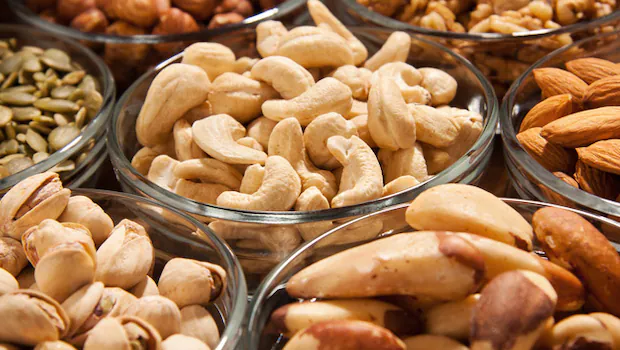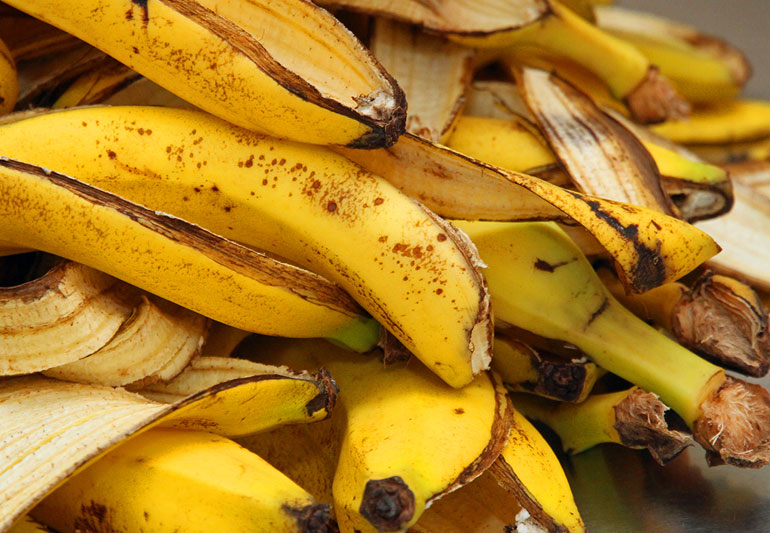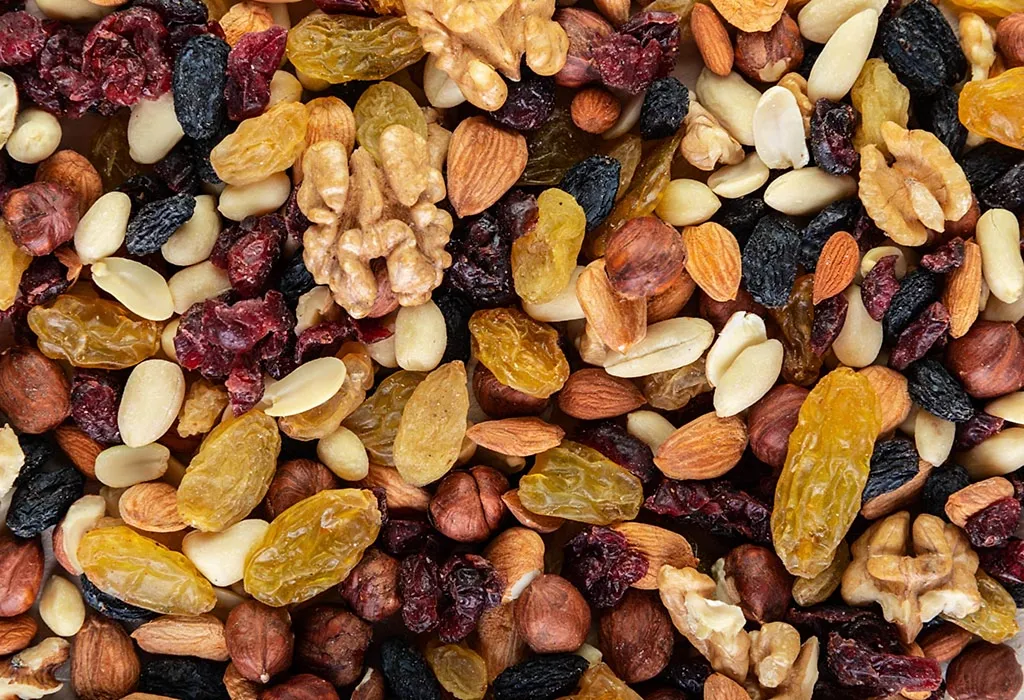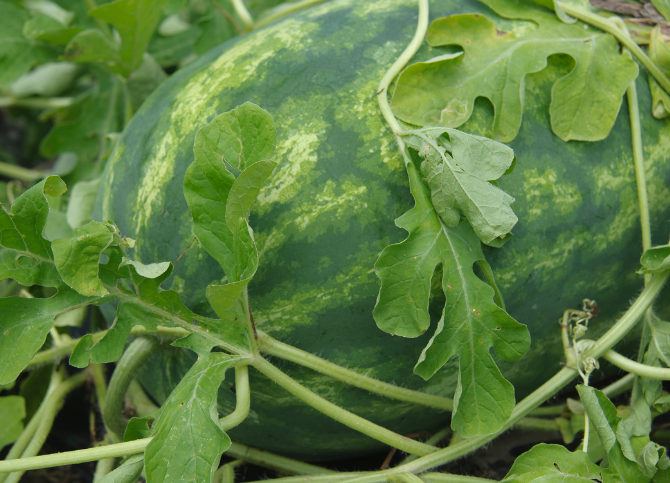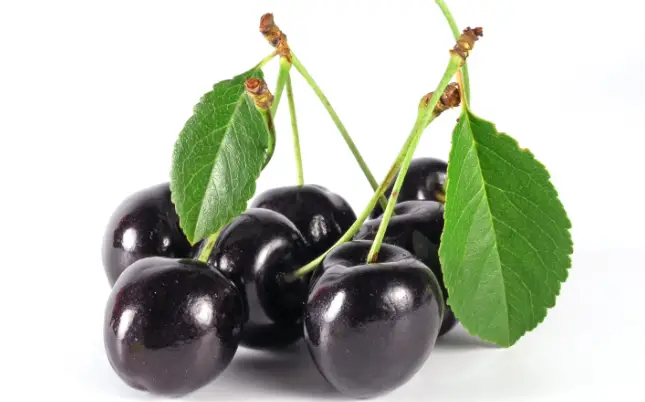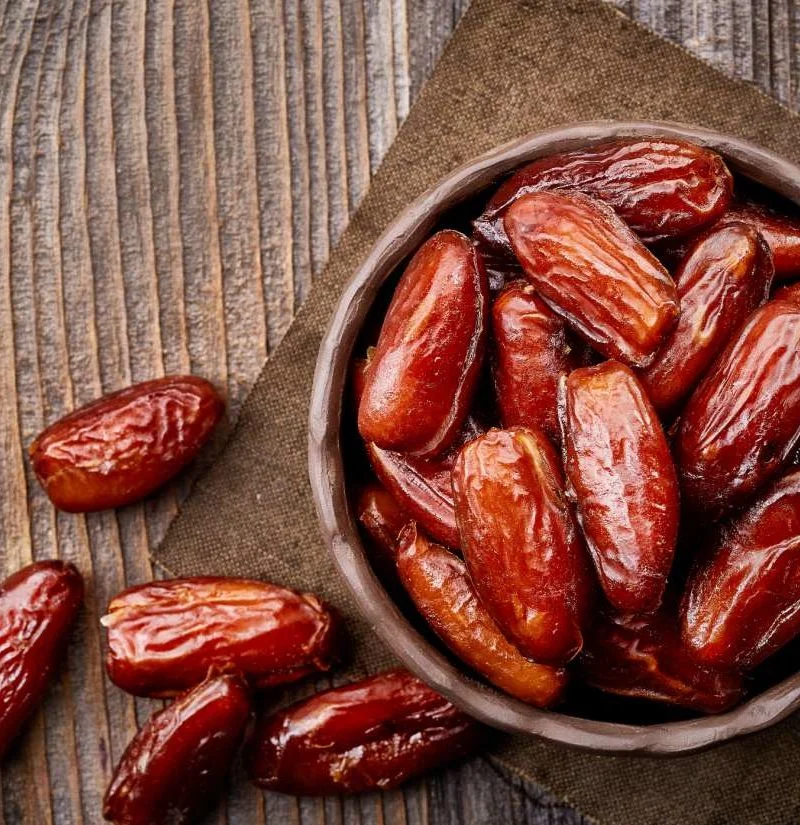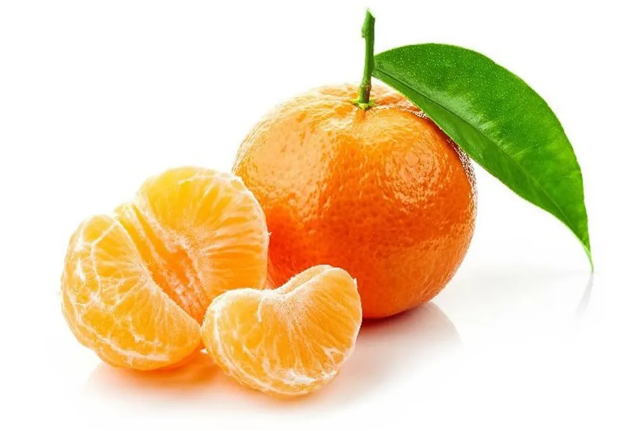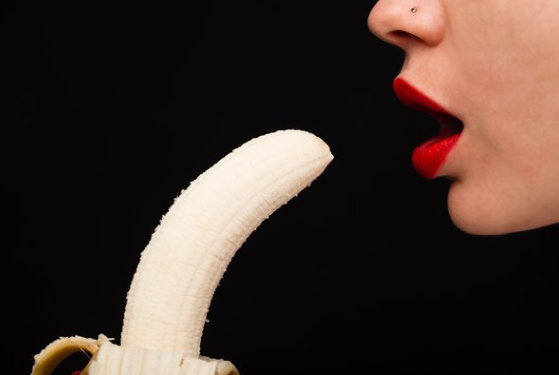Guinea pigs are cute, fluffy companions that need the right mix of food to stay well and cheerful. Hay and veggies should be the main things they eat, but sometimes it’s nice to offer them something sweet, like bananas.
But is it okay for guinea pigs to have bananas and the peels of bananas? In this article, we’ll look at whether these are good for your little pet, the health benefits and potential problems they might cause, the right amount to give them, and if it’s safe for them to nibble on banana peels.
Keep reading if you want to find out how to add bananas to your guinea pig’s meals in a way that keeps them fit and content.
Table of Contents
- Is It Okay to Give Guinea Pigs Bananas?
- Is Banana Peel Good for Guinea Pigs?
- Why Might Guinea Pigs Want to Eat Banana Peels?
- How Many Bananas Should Guinea Pigs Eat?
- What’s Good About Bananas for Guinea Pigs?
- What Are the Dangers of Giving Guinea Pigs Bananas?
- How To Give Bananas And Banana Peels To Your Guinea Pig The Right Way
- To Finish Up
Is It Okay to Give Guinea Pigs Bananas?
Yes, you can give your guinea pigs bananas, but only a little bit at a time as part of their healthy diet. You should peel them, cut them up small, and start off slow to make sure they don’t upset your pet’s tummy. Bananas are packed with good things like Vitamin C, potassium, and fiber, which are great for your guinea pig’s body.
Is Banana Peel Good for Guinea Pigs?
Guinea pigs can also munch on banana peels, but it’s not their best food choice. While banana skins do have important nutrients, they’re also very fibrous, which can be tough for guinea pigs to digest properly.
Some guinea pigs really like the peel more than the banana itself. If you decide to let them have some peel, wash it first and take off any stickers or strings. Only give them a small bit at a time, and take away any that they don’t eat after a few hours to help their stomachs stay happy.
Why Might Guinea Pigs Want to Eat Banana Peels?
Some guinea pigs might show interest in banana peels, although they’re not the best snack for them:
- Texture: The chewy, tough texture of the peel might be fun for them to bite on.
- Smell: The smell of a ripe banana could make them curious to taste it.
- Nutrition: Banana peels have fiber and potassium which might seem good for them even though it’s not really needed.
- Natural Habits: In the wild, guinea pigs would eat all sorts of plants and fruit skin. They might instinctively want to chew on peels like they would with leaves, but it’s not essential for them to have it.
These reasons could make a guinea pig interested in banana peels, but it depends on what each guinea pig likes.
How Many Bananas Should Guinea Pigs Eat?
Giving your guinea pig bananas can be a nice treat, but remember to give them just a little bit. A bit of banana about as big as their thumb is enough for one serving, and don’t give them more than one to three small pieces a week to avoid tummy troubles and choking.
Bananas have a lot of sugar and carbs which can lead to a fat guinea pig with bad teeth if they eat too many. So only offer bananas now and then, not as a regular part of their diet.
Start with a tiny piece when you first give your guinea pig banana and watch if they have any bad reactions like loose stools or throwing up. If things don’t go well, stop the banana treats and talk to your vet for help.
What’s Good About Bananas for Guinea Pigs?
Bananas can be a wholesome and tasty fruit for your guinea pigs with lots of benefits:
- Vitamins: They have a bunch of vitamins, especially vitamin C which guinea pigs can’t make in their bodies. Vitamin C helps them fight off sickness.
- Minerals: They also have minerals like potassium for managing blood pressure and magnesium for strong bones.
- Fiber: The fiber in bananas can help with their digestion.
- Energy: The natural sugars and carbs give them energy to play and move around.
- Taste: They love the sweet flavor of bananas and will look forward to it as a treat.
All of these are great for keeping your guinea pig healthy, but give bananas to them sparingly and without the peel.
What Are the Dangers of Giving Guinea Pigs Bananas?
While bananas have many health benefits, they can also pose some risks if guinea pigs eat too much of them. Here’s what to keep in mind:
- High Sugar: The sugar in bananas could cause weight problems and other health issues if your guinea pig eats too many.
- Tummy Problems: Too much banana could upset their stomach, so introduce the fruit slowly and be careful.
- Teeth Troubles: Their teeth could suffer from the sugar, leading to tooth decay or overgrown teeth which can be painful.
- Bad Chemicals: Banana peels might have nasty chemicals or sprays on them that can hurt your guinea pig, so always wash them well before feeding.
- It’s safer to not give your guinea pig banana peels at all.
- Give your guinea pig just a little bit of banana or banana peel at first and watch how they act. If they’re okay with it, you can give them a bit more slowly over time.
- Think of bananas as a special snack, not the main food. Give bananas to your guinea pig just once or twice a week and not too much.
- Cut the banana into tiny pieces so your guinea pig can eat it easily and not choke. Don’t give them the peel because it’s not good for them.
- Wash the banana well to get rid of any bad stuff like chemicals before you give it to your guinea pig.
- Keep an eye on your guinea pig after they eat banana. Look at their poop and how they act. If they seem sick or weird, stop giving them bananas and talk to the vet.
Bananas are great for guinea pigs because they have lots of good stuff like fiber and vitamins. But, you should only give bananas to your guinea pig sometimes, to make sure they stay healthy.
How To Give Bananas And Banana Peels To Your Guinea Pig The Right Way
If you want to feed bananas to your guinea pig, you need to be careful. Follow these steps to make sure it’s safe for them:
You can give bananas to your guinea pig safely if you’re careful. Just start slow, don’t give them too much, make sure it’s in small pieces, clean it well, and watch your guinea pig to see if they like it and if it makes them feel good. Bananas can be a tasty treat that’s okay for your guinea pig if you do it right.
To Finish Up
Bananas can be a yummy and healthy snack for your guinea pig if you don’t overdo it and watch them while they eat. They have things like fiber, potassium, and vitamin C that can be good for your guinea pig.
But remember, don’t make bananas the big part of what they eat. Too many bananas or peels can make them sick. Just a little banana as a treat is the way to go.
When you give your guinea pig bananas, cut it into tiny pieces and see how they like it. If they’re not happy or not feeling well after eating, then it’s time to stop and maybe check with your vet just to be safe.
